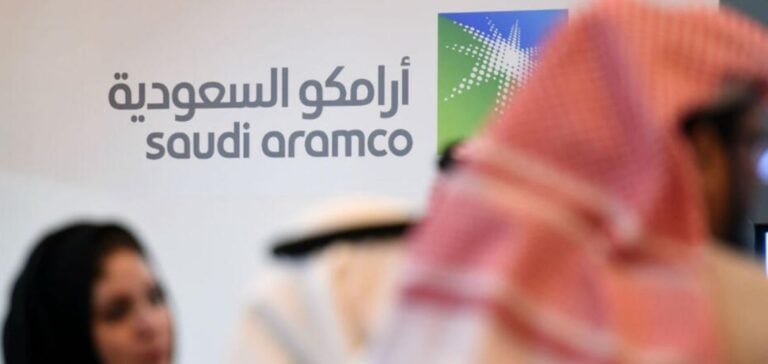Aramco announced a new sale of 1.545 billion shares, representing 0.64% of its capital, at a price ranging from 26.70 to 29 Saudi rials ($7 to $7.70). This transaction is the second since the company’s IPO in December 2019, which raised $25.6 billion for 1.5% of the capital.
Objectives of the Share Sale
The shares are offered to local and international investors, with the subscription process starting immediately. Meetings with institutional investors will continue until Thursday, and around 10% of shares will be offered to individual investors from Monday. The final amount of the transaction will be announced on Friday, and the shares will be traded from next Sunday.
Vision 2030 financing
All proceeds from the sale will be donated to the Saudi government. The funds are intended to finance Crown Prince Mohammed bin Salmane’s Vision 2030 program, an ambitious plan of economic and social reforms designed to diversify the Saudi economy and prepare the country for the post-oil era.
Impact on Aramco’s Market and Profits
This sale represents a crucial test ofAramco’s attractiveness on the international financial market. If demand is strong, the sale could reach up to 0.7% of the company’s capital. At present, the Saudi government holds 82% of Aramco’s capital, while the Saudi sovereign wealth fund owns 16%. Saudi Arabia, the world’s leading crude oil exporter, produces around nine million barrels a day, well below its production capacity of 12 million barrels a day. This reduction in production, aimed at supporting oil prices, has impacted Aramco’s profits, which fell by 14.5% in the first quarter of this year, to $27 billion.
Economic and strategic context
This share sale comes against a backdrop of major economic reforms in Saudi Arabia. Vision 2030 aims to reduce the kingdom’s dependence on oil by diversifying its sources of revenue and modernizing various economic sectors. Aramco’s current operation is therefore crucial not only for raising funds, but also for boosting investor confidence in the Saudi economy.
Long-term impact
The success of this share sale could have a significant impact on the Saudi and international financial markets. It could strengthen Aramco’s position as a major market player and support the kingdom’s long-term economic diversification objectives.
The next few days will be crucial in assessing investor interest in Aramco’s new offer, and in gauging its potential impact on achieving the objectives of Vision 2030.






















